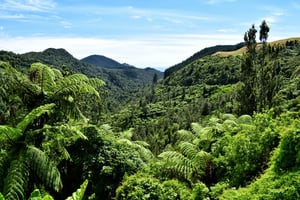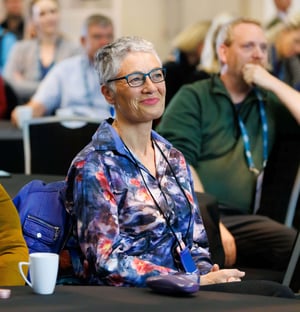
About
Together, through our members’ contributions to our sector groups, working groups and projects, we are building a more sustainable New Zealand.
Who is WasteMINZ?
The WasteMINZ team facilitates the work programme of each of the sector groups, organise events, manage the accounts/office and communicate with members and the public. We also develop and strengthen relationships with key stakeholders and decision makers to ensure the industry is consulted when relevant projects, legislation or regulations are discussed.
WasteMINZ holds an annual conference, networking events, collaborative workshops and informative webinars, and our sector groups provide good practice advice, guidelines, education and information for our members.

What are the sector groups?
Our eight sector groups and various working groups are the heart of how we function. These groups drive the activities of the organisation and help deliver member-led initiatives to improve and advance the waste, resource recovery and contaminated land sectors across Aotearoa New Zealand.
- Behaviour change
- Contaminated land management
- Disposal to Land
- Health, Safety & Wellbeing
- Organic Materials
- Product Stewardship
- Recycling & Resource Recovery
- TAO Forum

How does WasteMINZ and its sector groups work?
Our 315+ member organisations adhere to the WasteMINZ constitution and Code of Conduct
- Each sector group has a steering committee, which is elected by sector group members every two years.
- At the start of their term, steering committee members create a strategic plan with a vision and objectives for the next two years, and a work plan for the next year
- Steering committees are also the people who pull together submissions for government consultations. They will often engage with the wider sector group for feedback on the submissions, but when time is limited, they will use their own experience to represent the sector group.
- Steering committees advocate on certain issues on behalf of the sector group. This can include consulting with other organisations, writing to Ministers, or developing a position statement.
- Sometimes steering committees want to work on a specific issue and will create a working group to drive initiatives. For example, the Coal Tar in Roading working group developed guidelines on how to identify, sample and manage coal tar in roading.






